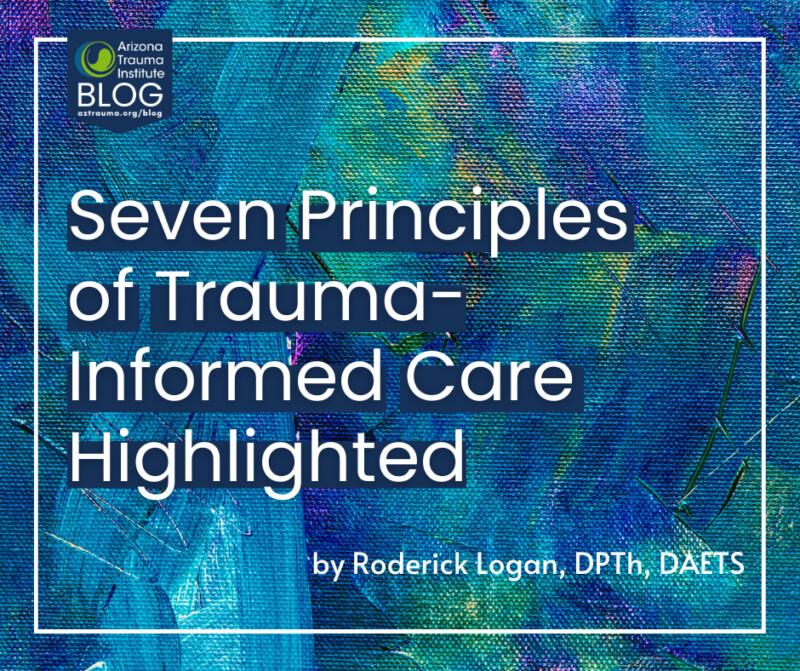![]()
Trauma, toxic stress, and histories of adversity all have this in common, they are directly linked to a person’s physiology and at the center are stress biochemical hormones like cortisol, adrenaline, noradrenaline, and testosterone. Our hormones are an essential factor in our body’s capacity to resist or run away from threats and real danger.
Back when you and I were infants, our experiences with parents, caregivers, and other adult-like figures shaped our brains’ ability to deal with stress. When we were hungry, in need of a diaper change, unable to sleep, or just needing to be held, the hormones in our little, frail body would come flooding throughout our being. Our body reacted and our behavior and emotions did the only thing it could, IT CRIED OUT!
When our secure attachment person fed us, cleaned us, comforted us, and cradle us, that safe, secure, and predictable interaction taught us how to calm that stress activator inside us.
However, this story may not be your story or the story of the child for whom you are now providing care. When the kind of care I just described is absent, irregular, chaotic, or inadequate, then the child’s system for regulation is misshaped.
At the genetic level, there are chemical switches called epigenetic markers. Trauma, toxic stress, and adversity can flip these switches. When the switch is thrown it can cause the stress hormonal system to begin adapting or mitigating as a means to survive. Only through a trauma-informed awareness and approach will this child be equipped to build towards resiliency and find their way in becoming the person they want to be.
![]()
These are seven fundamental principles of trauma-informed care.
1️⃣ SAFETY
The first step towards regulating our physiology and perceiving that we are safe is bringing the body and mind into balance and stability. The key is relaxing the muscles and calming the brain.
2️⃣ TRUST & TRANSPARENCY
As a person perceives they are safe they are readied to begin building and/or restoring meaningful relationships. No one recovers from trauma, toxic stress, or a history of adversity alone. With at least one secure, stable, predictable attachment they can begin learning how to trust others and present themselves as transparent. The key is to practice being vulnerable and confident.
3️⃣ PEER SUPPORT & MUTUAL SELF-HELP
Everyone benefits from relationships with coworkers, colleagues, and those with whom we have shared interest. It is vital to be able to express opinions, concerns, and how matters are impacting us with someone who “gets us;” with those with whom we do not have to explain ourselves and who will not judge or shame us because we are scared or overwhelmed. The key is to be able to do self-care without seeking permission.
4️⃣ COLLABORATION & ATTUNEMENT
The journey of letting go of what happened to you must include taking hold of what holds value and purpose for you. A person needs the experience of connecting and working with others to creatively resolve issues, build solutions, and work through challenges. The key is to view risk, crisis, and difficulties as the primary means of personal growth and development.
5️⃣ RESPECT, CHOICE, & DIVERSITY
When a person perceives their world as a threat their body will naturally go into a self-defensive mode. Persons with a long history of adversity or trauma will have lived the bigger part of their lives in their survival brain. Under these conditions respect for authority, making informed choices as opposed reacting to demands, and feeling safe with those not like you are values that have been undeveloped or completely ignored. The key is learning how to interrupt our threat responses long enough so our impulse control, our logic and reason, our intelligence, and our moral code has sufficient opportunity to inform our reactions.
6️⃣ INTEGRATION, RESILIENCY, & BEING
Trauma, toxic stress, and adversity robs a person of wholeness, rhythm, and identify. As we are able to routinely self-regulate, effectively communicate, and sustain meaningful relationships, then we are readied for the next major step — learning how to show up for our own rescue. The key is to optimize our executive functions, experience resiliency in the face of adversity, and learn what being true to yourself really means.
7️⃣ THE ME I WANT TO BE
Most people spend more time planning a date night, shopping for groceries, or taking a vacation than planning for their life. You and I will never achieve our integrity and be consistent living our values until we write it down; until we are fully aware and practicing them. The key is to self-reflect, self-evaluate, then self-determine the life you want to live. Now go live it. You will have missteps, wrong turns, and failures. Expect them. Just pause, wait, reflect, adjust, and get up and keep going.
![]()

Written by Roderick Logan, DPTh, DAAETS
Dr. Roderick Logan, Senior Faculty Member and Director of Organizational Programs for Arizona Trauma Institute is a dedicated and transformative leader with extensive experience in steering multiple facets to reduce toxic stress, raise awareness about the impact of trauma, and facilitate resiliency development.



